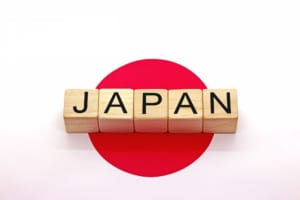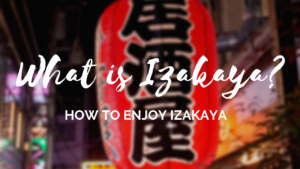Unspoken Rules in Japanese Culture
10 Things You Should Know To Navigate Social Etiquette In Japan
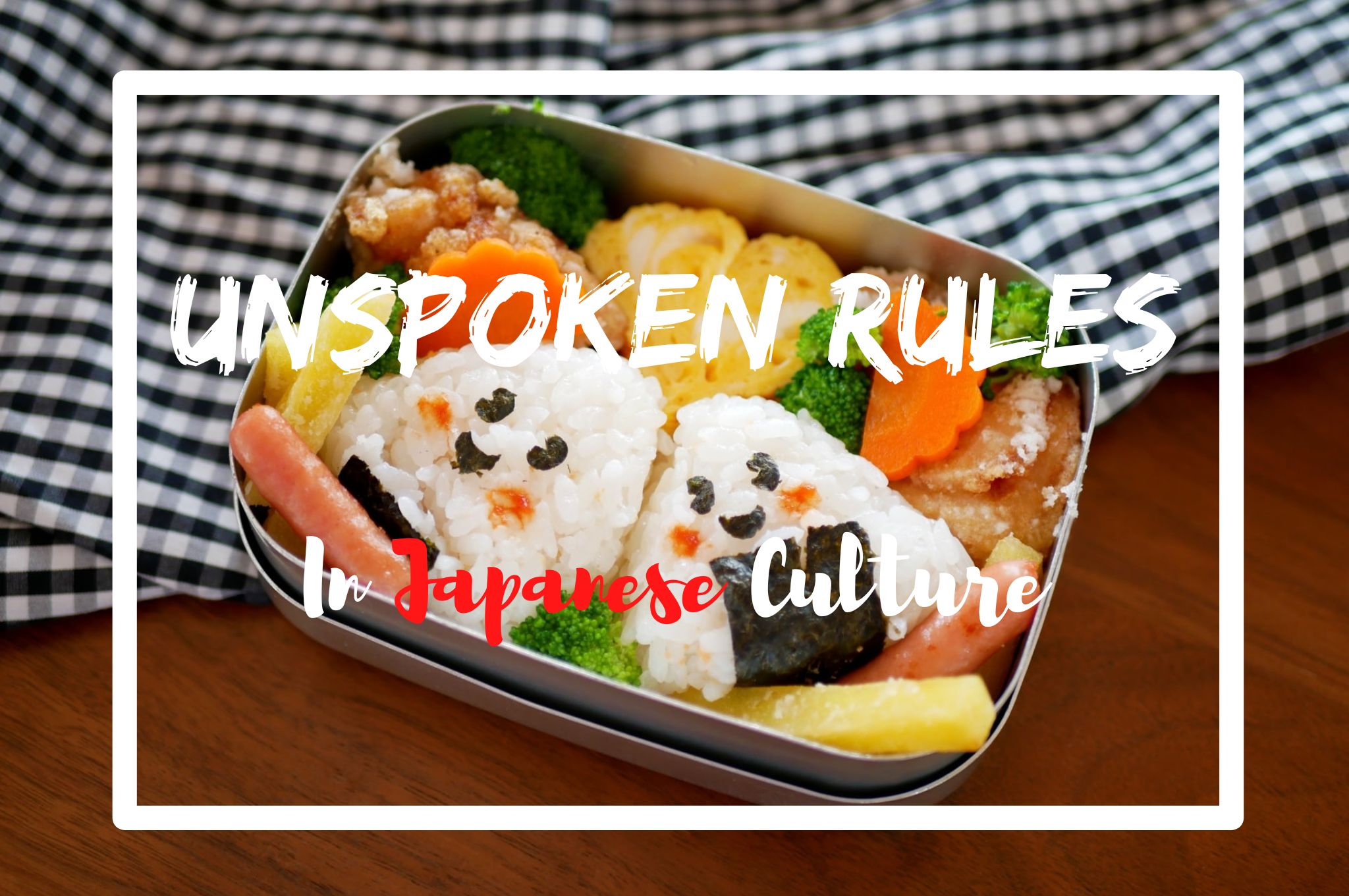
If you’re interested in Japanese culture, chances are you may have heard about the tatemae/honne dichotomy between appearances and real intentions. Or perhaps how Japanese culture is all about “reading the air” and never stating things directly, so foreigners need to be extra careful to decipher these elusive unspoken or unwritten rules to avoid a cultural faux pas.
However, the Internet sometimes likes to overplay the “exotism” card and most of the time, many so-called rules are simply a matter of common sense and not exclusive to Japan, like not littering or bothering fellow passengers or strangers in public spaces. “Running and harassing geishas to get their photo is perfectly fine”, said no one ever. C’mon. You get the idea.
On the other hand, some points are already extensively covered everywhere, such as chopsticks stuck in the rice bowl being a no-no or tips not being a thing, or that making sounds while slurping noodles is fine. As for onsen etiquette, almost all establishments have their rules plastered all over the place with accompanying drawings so you don’t have to worry about it. So this time I’ll try to focus on some lesser-known unspoken rules.
1. The cashier’s small tray is for money
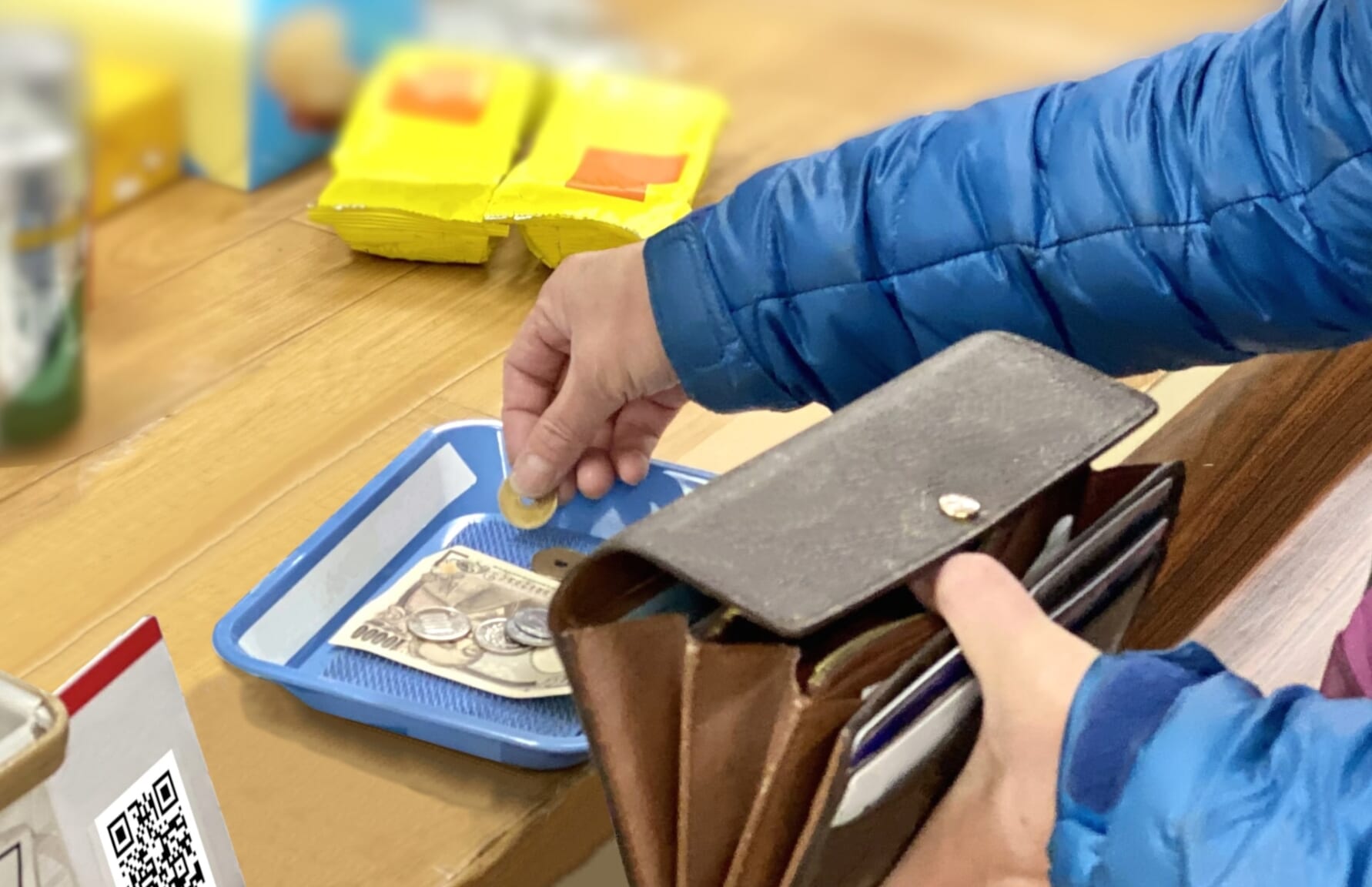
2. No need to touch taxi doors
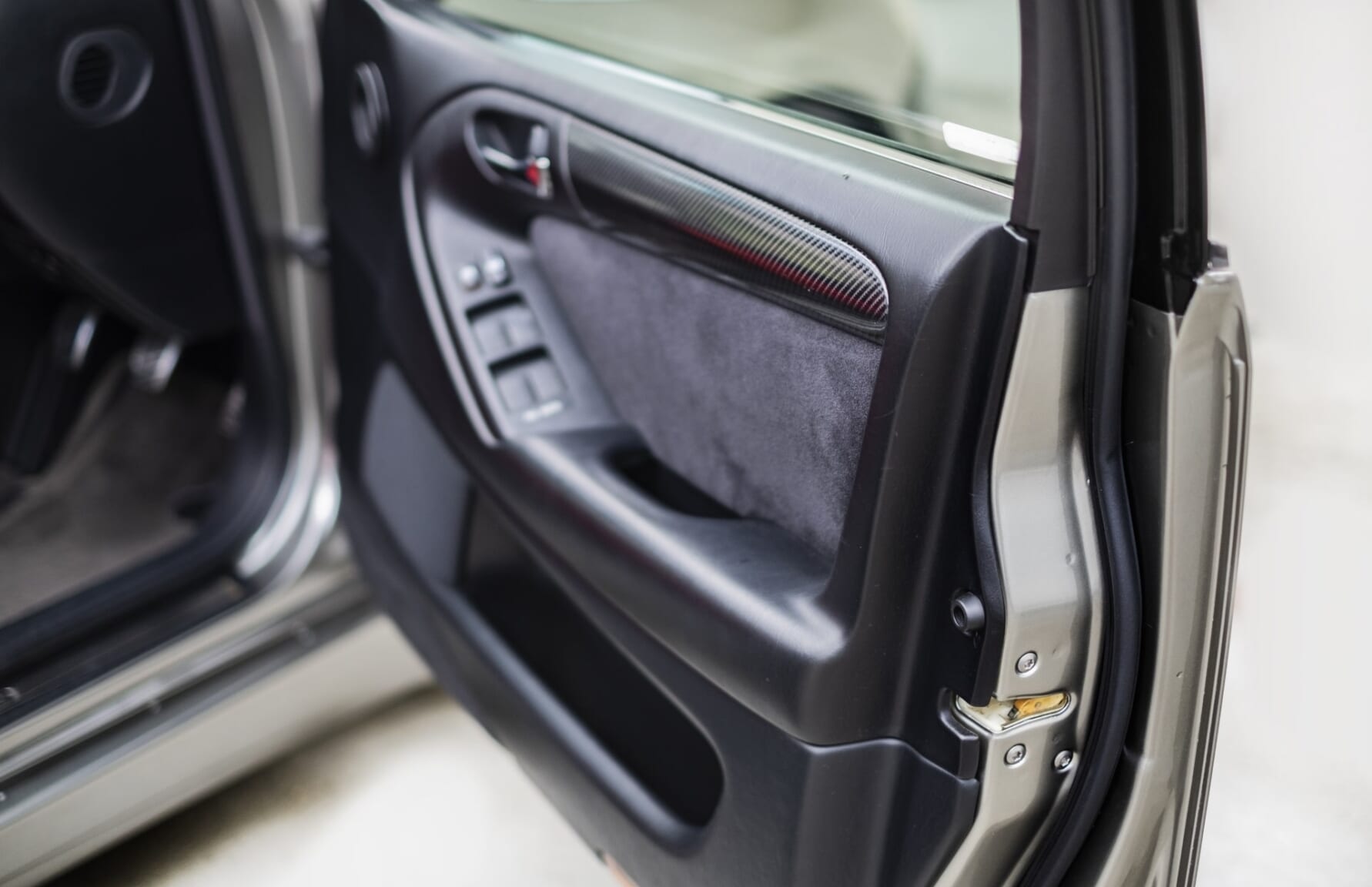
3. Where you’re supposed to stand in the escalator depends on the region

4. Personalizing dishes is not a thing

5. Waitstaff will not come to you unless you call them
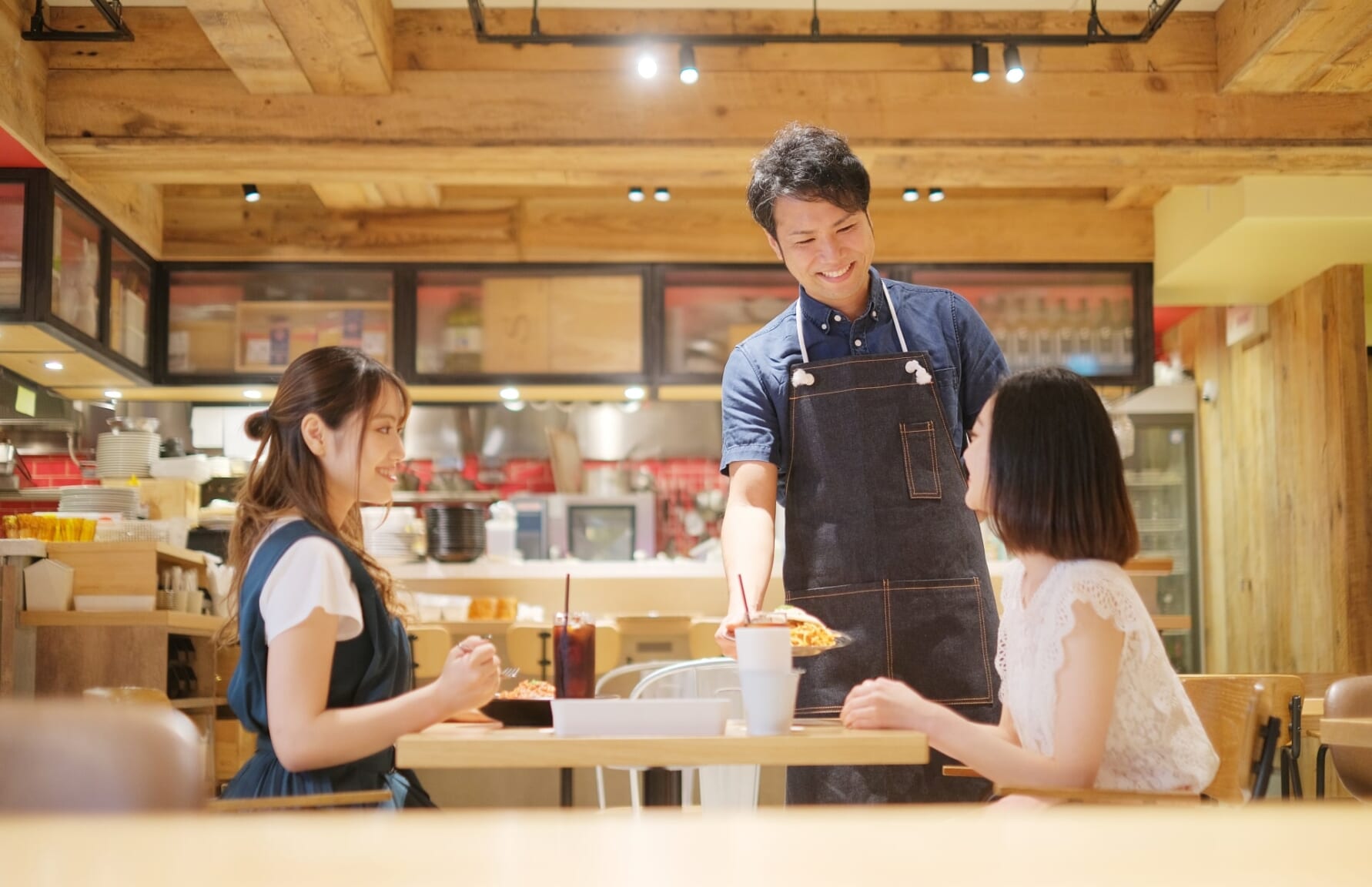
Some chain restaurants have small buttons on the table which you can use to call them, otherwise, a loud “sumimasen”, sometimes along with raising your hand, will suffice. I know this can be difficult at first as it may come across as rude in most Western countries but you’ll get used to it in no time.
6. Business cards are still very common
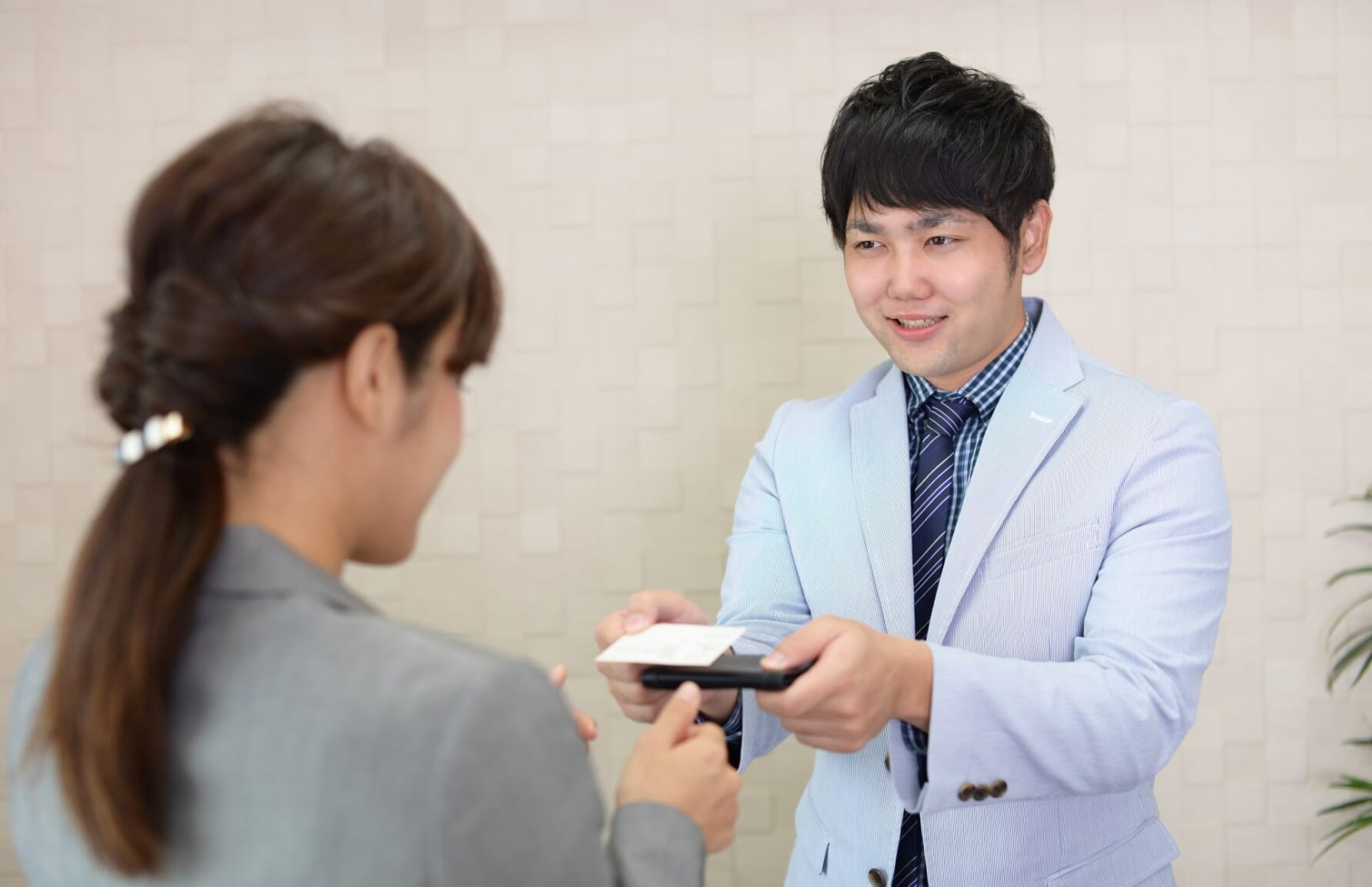
Likewise, for the way to store them, people often have special card holders to store them appropriately. No one here wants to see you putting away their business card carelessly in your pockets, so be mindful of this.
7. Be careful with certain “compliments”, particularly if you’re in Kyoto

There’s a popular Japanese tale going around that says that if someone from Kyoto has invited you to their place and after a while offers you some ochazuke (green tea poured on rice with some savory toppings, a light, quick and popular comfort meal at the end of the day), that actually means it’s time for you to go home.
If that seems hard to believe, Japanese social media is peppered with amusing stories in Kyoto like the following examples: an old lady complimenting a neighbor for “improving their piano playing” which was actually a masked complaint about said neighbor being too loud; a guy who got comments from his neighbors about how cheerful he was with his friends after one of his gatherings at his apartment, followed shortly by a police visit for noise complaint; a man being told that he must be enjoying the scenery because he was walking really slowly; or a businessman being complimented for his watch as a reminder that the meeting was becoming too long.
To be fair, even among Japanese people, Kyoto natives are notorious for dialing up their savagery with all manners of subtlety, so foreigners shouldn’t feel bad for not picking up certain queues. But at least now you’re warned!
8. That bag or handkerchief on a table in a coffee shop is not a forgotten item!
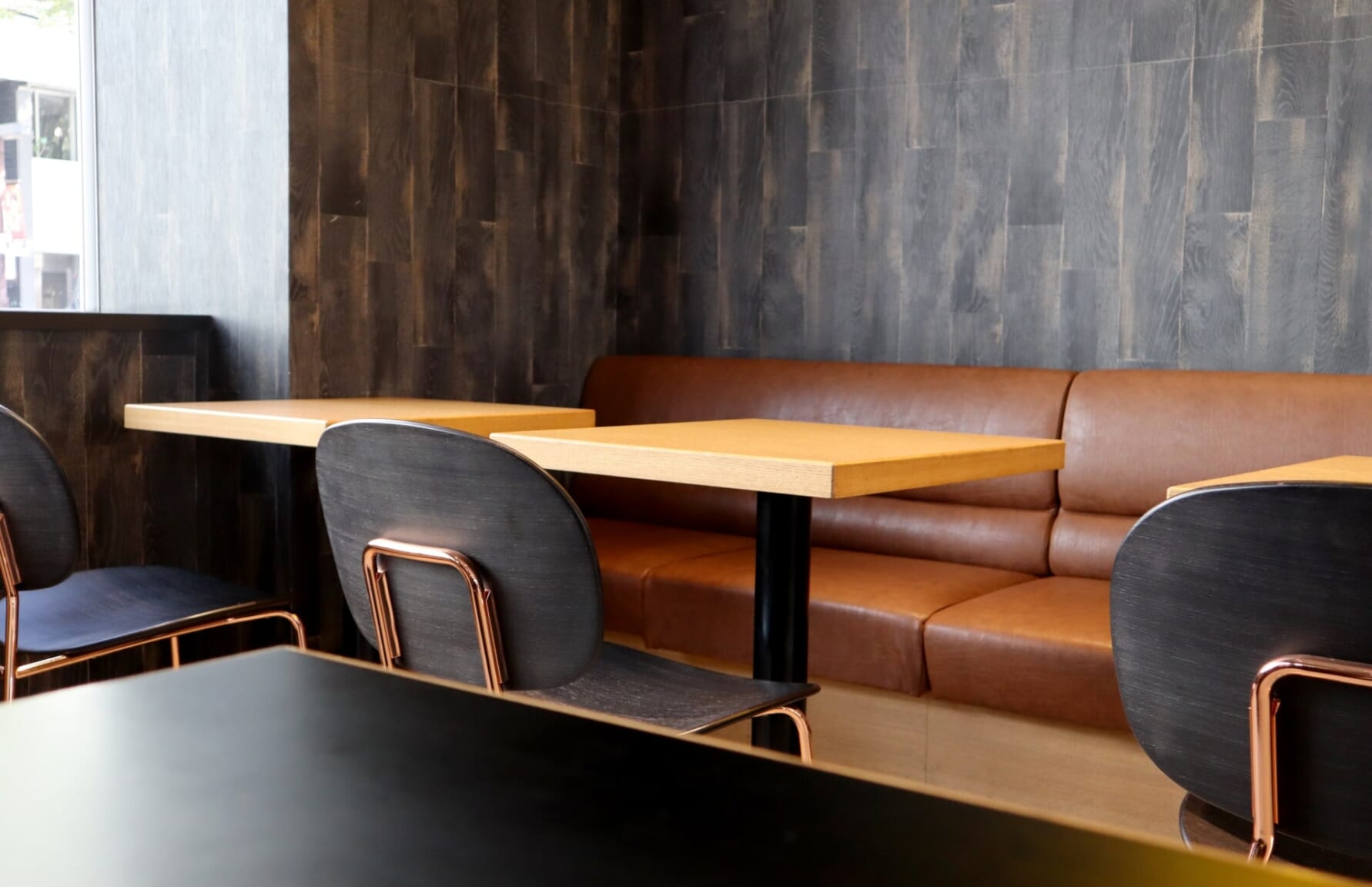
Sometimes, many people may just leave something small like a coin purse or a handkerchief. If you’re not familiar with this custom, it could look like someone accidentally left it, but that’s not the case.
9. If you have kids of primary school age, you’re expected to up your bento game
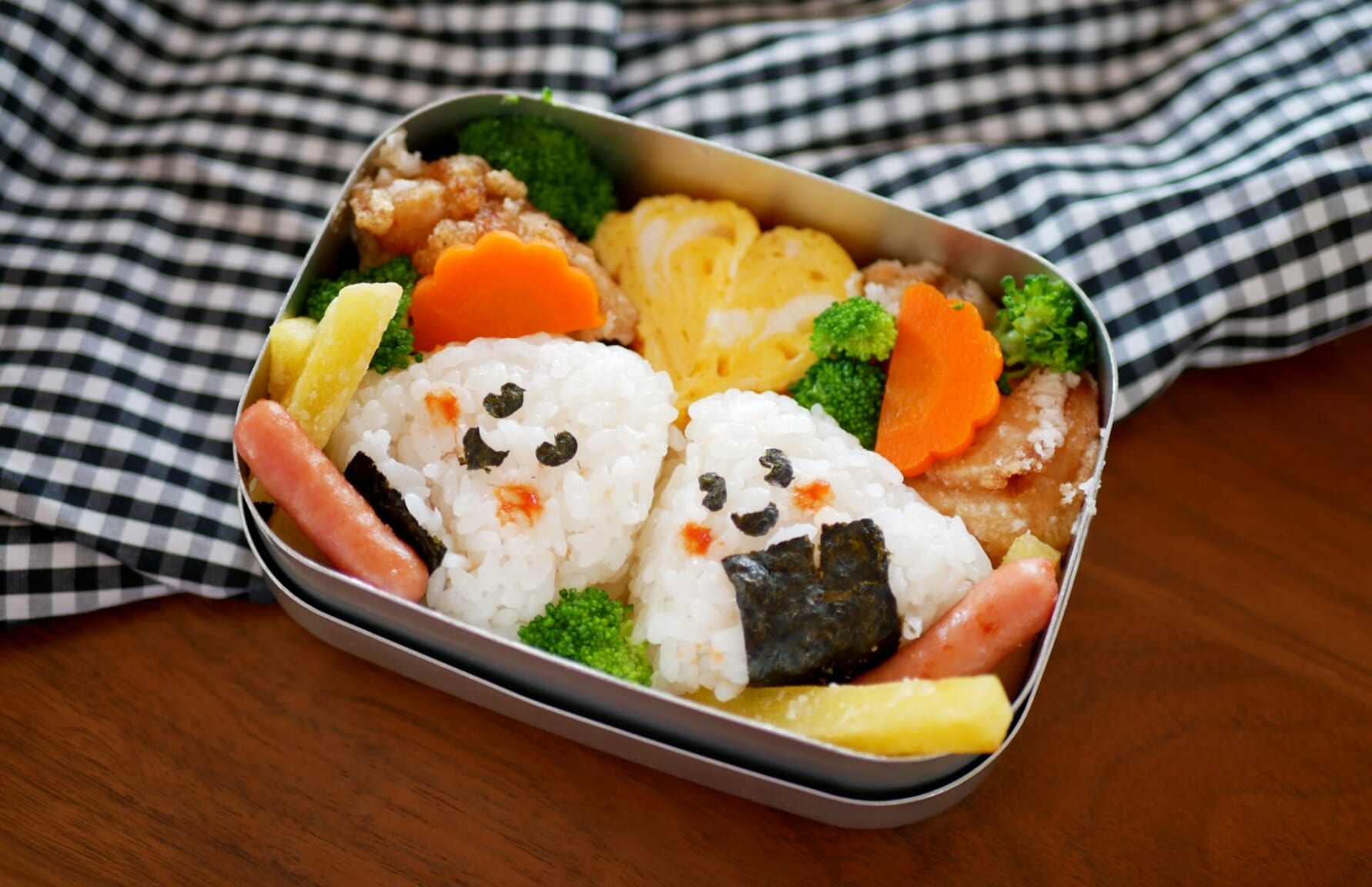
This may seem frivolous or quirky but depending on the school culture, some foreign parents will face the fact that their children don’t want to be the odd one out without an Instagram-worthy bento. I’m definitely not saying that you have to conform to this, but you’ll probably have to deal with this one way or another. Kids will be kids and it means they will be annoying to no end sometimes. In any case, if you decide to dive in, we got you!
10. Being on time actually means being there 5-10 mins in advance

Like everything, common sense applies. Or, as the popular saying goes, when in Rome do like the Romans. When traveling in Japan, if you’re unsure about what you’re supposed to do, your safest bet is to simply look around you to see what everyone else is doing.
In a worst-case scenario, Japanese people generally acknowledge that foreigners don’t have to be aware of everything. If you think about it, it’s exactly the same case for all of us in our respective countries regarding foreign visitors! So as long as you convey that you want to be respectful nicely and apologetically, you’ll be fine in most social settings.
▽Subscribe to our free news magazine!▽
For more information about Japanese culture, check these articles below, too!
▽Related Articles▽
▼Editor’s Picks▼
Written by
Photographer, journalist, and avid urban cyclist, making sense of Japan since 2017. I was born in Caracas and lived for 14 years in Barcelona before moving to Tokyo. Currently working towards my goal of visiting every prefecture in Japan, I hope to share with readers the everlasting joy of discovery and the neverending urge to keep exploring.







